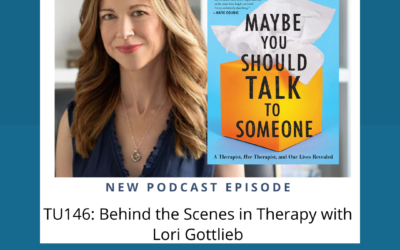Podcast: Play in new window | Download (Duration: 50:36 — 34.7MB)
Subscribe: Apple Podcasts | Spotify | Amazon Music
When you unconsciously deem “power” as what keeps you “safe” in vulnerable situations, reflecting and rewiring on this dynamic can transform your connections.
Human defenses are quite necessary to protect our nervous system and sense of self. The goal isn’t to eliminate defenses – but to learn how to regulate them, especially in relationships. Defenses can often feel triggered when there is an uneven power dynamic expressed in a relationship and can be influenced by outside factors like gender socialization, culture, or personal history.






















